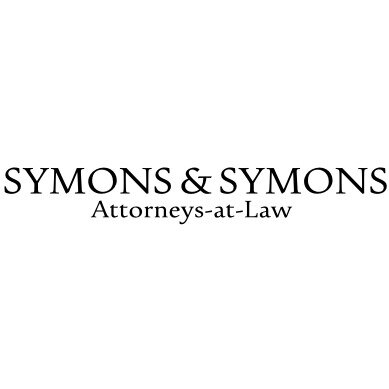Best Probate Lawyers in West Bay
Share your needs with us, get contacted by law firms.
Free. Takes 2 min.
List of the best lawyers in West Bay, Cayman Islands
About Probate Law in West Bay, Cayman Islands
Probate is the legal process through which a deceased person's assets are distributed to their beneficiaries. In West Bay, Cayman Islands, probate law governs the administration of the deceased's estate, including identifying and distributing assets, paying debts, and handling any disputes that may arise.
Why You May Need a Lawyer
You may need a lawyer for probate in West Bay, Cayman Islands if you are the executor of a will and need assistance navigating the legal process, if there are disputes among beneficiaries, if the deceased did not leave a will, or if you have concerns about the validity of the will.
Local Laws Overview
In West Bay, Cayman Islands, probate laws are primarily governed by the Succession Law (2006 Revision) and the Probate and Administration Rules. These laws outline the procedures for administering an estate, including filing a petition for probate, identifying beneficiaries, and distributing assets according to the deceased's wishes.
Frequently Asked Questions
1. What is probate?
Probate is the legal process through which a deceased person's assets are distributed to their beneficiaries.
2. Do I need a lawyer for probate in West Bay, Cayman Islands?
While it is not required to have a lawyer for probate, having legal assistance can help navigate the process and ensure that everything is handled correctly.
3. What is the role of the executor in probate?
The executor is responsible for managing the deceased's estate, including identifying and distributing assets, paying debts, and handling any disputes that may arise.
4. How long does probate take in West Bay, Cayman Islands?
The length of the probate process can vary depending on the complexity of the estate and any disputes that may arise. It can take several months to a year or more to complete.
5. What happens if there is no will?
If the deceased did not leave a will, their assets will be distributed according to the laws of intestacy in West Bay, Cayman Islands.
6. What is a grant of probate?
A grant of probate is a legal document that confirms the validity of the deceased's will and gives the executor the authority to administer the estate.
7. Can probate be contested?
Yes, probate can be contested if there are issues with the validity of the will, disputes among beneficiaries, or concerns about the executor's handling of the estate.
8. Are all assets subject to probate?
Not all assets are subject to probate. Assets that are jointly owned, held in a trust, or have designated beneficiaries may pass outside of probate.
9. What are the costs associated with probate in West Bay, Cayman Islands?
The costs of probate can include court fees, legal fees, and other administrative expenses. These costs can vary depending on the complexity of the estate.
10. How can I find a probate lawyer in West Bay, Cayman Islands?
You can search for probate lawyers in West Bay, Cayman Islands online or ask for recommendations from friends, family, or other legal professionals.
Additional Resources
For more information on probate in West Bay, Cayman Islands, you can visit the Cayman Islands Legal Practitioners Association or the Cayman Islands Judicial Administration website.
Next Steps
If you require legal assistance with probate in West Bay, Cayman Islands, consider scheduling a consultation with a probate lawyer to discuss your specific situation and get guidance on how to proceed.
Lawzana helps you find the best lawyers and law firms in West Bay through a curated and pre-screened list of qualified legal professionals. Our platform offers rankings and detailed profiles of attorneys and law firms, allowing you to compare based on practice areas, including Probate, experience, and client feedback.
Each profile includes a description of the firm's areas of practice, client reviews, team members and partners, year of establishment, spoken languages, office locations, contact information, social media presence, and any published articles or resources. Most firms on our platform speak English and are experienced in both local and international legal matters.
Get a quote from top-rated law firms in West Bay, Cayman Islands — quickly, securely, and without unnecessary hassle.
Disclaimer:
The information provided on this page is for general informational purposes only and does not constitute legal advice. While we strive to ensure the accuracy and relevance of the content, legal information may change over time, and interpretations of the law can vary. You should always consult with a qualified legal professional for advice specific to your situation.
We disclaim all liability for actions taken or not taken based on the content of this page. If you believe any information is incorrect or outdated, please contact us, and we will review and update it where appropriate.










